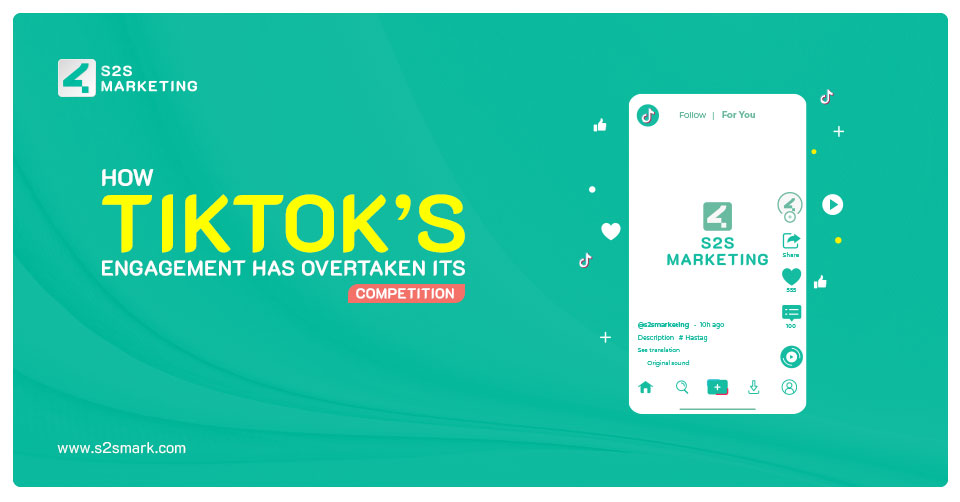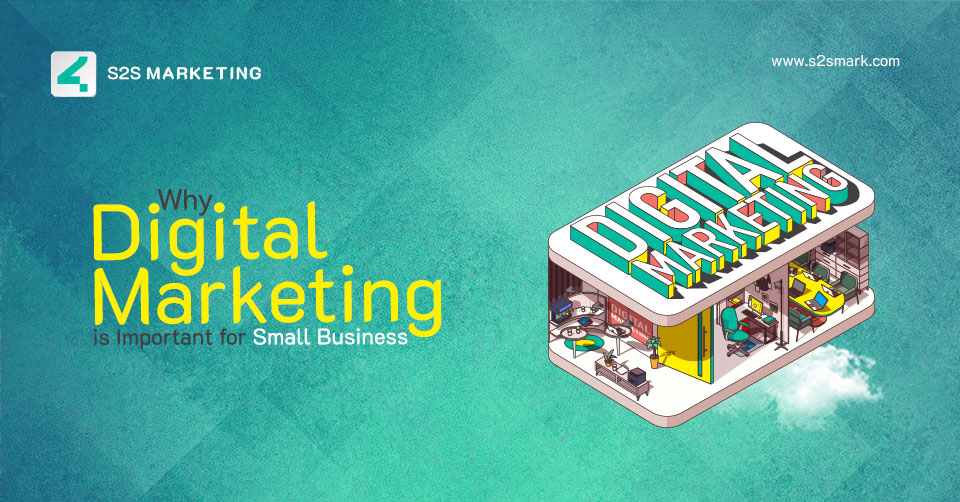TikTok’s reign as the king of social media continues as it overtakes its competitors. In this blog, we will discuss the meteoric rise and facts and figures of why the titan now reigns supreme.
What are TikTok’s origins
TikTok is a platform for social media where people can create and watch short-form videos. The duration of the videos ranges from 15 to 60 seconds.
The name TikTok is a reference to the brief format of video content. It was released in September of 2016 by a Chinese tech startup ByteDance and is known as Douyin in China. According to the Harvard Business Review, its meteoric rise in popularity started at the end of 2017, once it obtained a major competitor app, Musical.ly, and transferred its 200-million-account user base to TikTok.
According to Reuters.com, based on the private sale of a slight part of the business, ByteDance was worth approximately up to $140 billion by mid-2020. TikTok on its own is estimated to be worth $50 billion. Which would make it the world’s most valuable startup.
On TikTok, influencers provide tidbits of guidance and recommendations, as well as self-promotion. Prevalent informational video topics include beauty, fashion, financial planning, and cooking. The structure is increasingly utilized to market and advertise goods.
TikTok quickly rose towards the positions of social media behemoths. According to a 2022 marketing report by data.ai (formerly App Annie), TikTok will surpass three billion downloads worldwide by the end of the year, with people spending $3 billion across iOS and Google Play.
Its Meteoric Rise
TikTok has ripped up the concept of how a social network could be more than just a hit. Silicon Valley pioneered a way of connecting online, based on hand-picked preferences and relationships. TikTok is unconcerned regarding these preferences. Instead, it presents a never-ending stream of videos chosen by its algorithm, then comes to understand a viewer’s preferences with each and every second they watch, pause, or swipe. You don’t specify what you’d like to see on TikTok. It informs you. And the internet is obsessed.
“This isn’t a dance app,” said Abbie Richards, a researcher who studies disinformation on TikTok, who currently has 500,000 followers. “We’re discussing a platform that’s influencing how an entire generation learns to perceive the world.”
TikTok’s global impact on a new generation of media has culminated in some extraordinary spillover effects. The world’s most innovative tech firms are trying to reinvent themselves in the image of TikTok, not just through creating short-video clones — Meta’s Reels, YouTube’s Shorts — but also by switching out networks of family and friends for feeds of unknown people hunting down viral glory. TikTok’s structure is poised to mold the world wide web.
The Takeover, Statistically
Based on the new findings from Rival IQ, less is more on the world of social media nowadays. While the occurrence of posting on Facebook and Twitter decreased, the engagement levels per post stayed constant at.060% and.035%, respectively. TikTok, a platform with a far greater per-post user engagement than its contenders, had a weekly post frequency of 1.75 videos. Instagram, on the other hand, maintained its post regularity while decreasing its audience engagement.
Rival IQ’s study included 150 organizations’ social media data from 14 distinct types, such as alcohol, fashion, retail, nonprofit, media, travel, and sports, for a sum of 2,100 conglomerates. Each firm assessed were between 25,000 and one million Facebook followers, in addition to more than 5,000 followers on Instagram, Twitter, and TikTok. Rival IQ defined engagement as “quantifiable engagement” on organic and boosted posts (which include likes, comments, favorites, retweets, shares, and reactions).
The study’s stellar performance by TikTok should not be surprising. Despite significant data privacy issues, the ByteDance platform remains the center of considerable attention. Meta’s findings are also in line with the general business outlook — the company previously noted that fourth-quarter earnings fell 4% to $32 billion, marking the third consecutive quarter of declines. However, Twitter’s shocking Elon Musk acquisition subsequently in the year is likely to have influenced its performance.
Conclusion
It is no surprise that in the current day and age, social media trends have the potential to change an entire landscape of business be it marketing or sales. As business models get more and more refined, algorithms get more and more advanced, we receive at the palm of our hands catered content without the hassle of seeking it out. This allows advertisers and publishers to market their goods to those who will consume it.
This plethora of catered content is why TikTok has beaten all its competitors and also changed their landscape. Instagram, Facebook and Twitter on a daily basis try implementing TikTok trends but they seem to have fallen behind in the race significantly.
Is this a new era of social media dominance?
Well, numbers don’t lie, and they speak for themselves.





